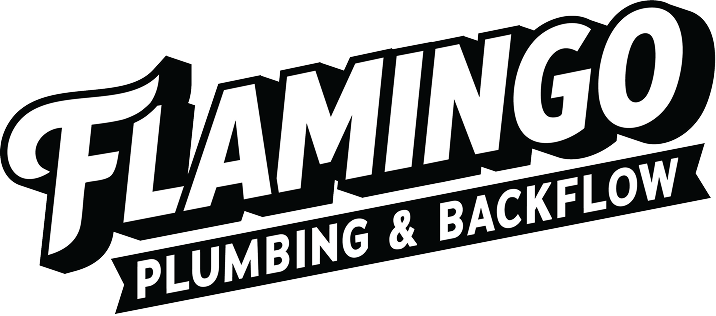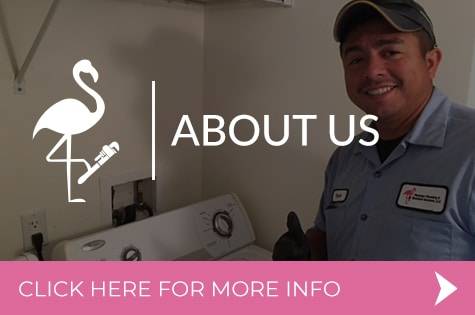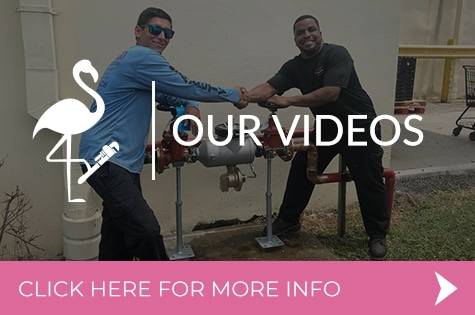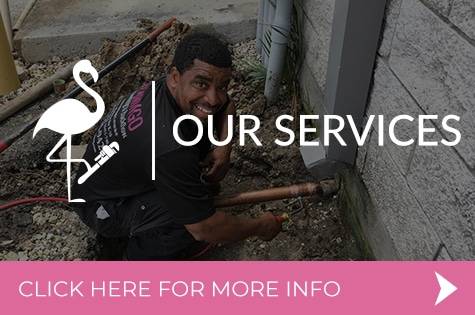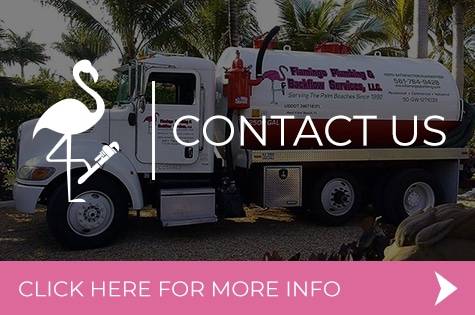Unlike your stove or washing machine, water heaters do not usually get much attention as long as they are functioning well. In an ideal situation, they might go unnoticed for years if they don’t break or start leaking. Unfortunately, it becomes a huge concern for the entire house the moment they stop working.
Buying a new water heater can be a daunting task, especially if this is your first time. There are many buying-decisions to be mindful of, but more importantly, you should know how much hot water is enough for your family. Considering how overwhelming it can be to find the right water heater these days, we’ve prepared this guide to make things easier for you.
Types of Water Heater
There are mainly five types of water heater in the market:
- Tankless Water Heaters: These water heaters can supply hot water on demand. When you turn them on, the cold water enters through the inlet and is instantly heated. Since these types of heaters do not store hot water, heat loss is a non-issue.
- Conventional Storage Water Heaters: These come with a reservoir for storing water adequate for everyday use. These are the most popular choice for water heaters at home. They can hold 20 to 80 gallons of water. Although these types of water heaters allow you to store hot water, they also tend to be less efficient in terms of energy use due to the heat loss which can occur.
- Heat Pump Water Heaters: These water heaters work on the principle of heat transfer. Instead of heating the water directly, they use electricity to transfer the heat from the surrounding to the water.
- Solar Water Heaters: As the name suggests, these water heaters depend on solar energy to heat the water. They typically come with a roof unit to absorb the heat from the sunlight and transfers it to the water to increase its temperature.
- Tankless Coil and Indirect Water Heaters: Suited more to cold climates, these types of water heaters depend on a heating coil to raise the water temperature. They are well suited to cold climates and can either be installed new or retrofitted to existing water heating systems.
Fuels Types and Availability
Water heaters can run on one or more types of fuels depending on their construction, such as:
- Electricity: Considered one of the safest and generally more efficient than other types of fuel, electricity is used by conventional storage, tankless, and heat pump water heaters across the United States.
- Natural Gas: Easily available in many parts of the U.S., natural gas is used in conventional storage and tankless coil type water heaters. Due to its low cost and natural abundance, it is considered a clean fuel in some regards.
- Geothermal Energy: Typically used in heat pump water systems, this is another common choice for residents in many parts of the U.S.
- Fuel Oil: This fuel is generally used in conventional storage and indirect combination water heaters. It’s only available in selected areas across the U.S. and is typically considered less efficient than other alternatives.
- Solar Energy: Available throughout the U.S., this is the main source of heat in solar water heaters.
Which One Should I Choose?
There are many factors to consider when picking out your new water heater, but the main buying-decision should always revolve around the fuel type, size, energy efficiency rating, and cost of the system. Considering what type of fuel is readily available in your area, pick the water heater whose annual operation cost does not exceed your budget.
You also want to make sure the size of the entire system including the extras such as outlet pipes, is not exceeding the space you have available. You must also check the efficiency rating of the water heater before making a purchase. Low efficiency rating means you end up paying less up front but the annual cost of running the equipment might be higher.
If you have multiple fuel options available in your area, comparing fuel costs might be a good idea before you make a decision. After much contemplation, if you are still not sure which water heater might be best for you, we at Flamingo Plumbing and Backflow can help you decide. Our experts can help you pick out a water heater that not only accommodates your needs but also fits your budget comfortably.
